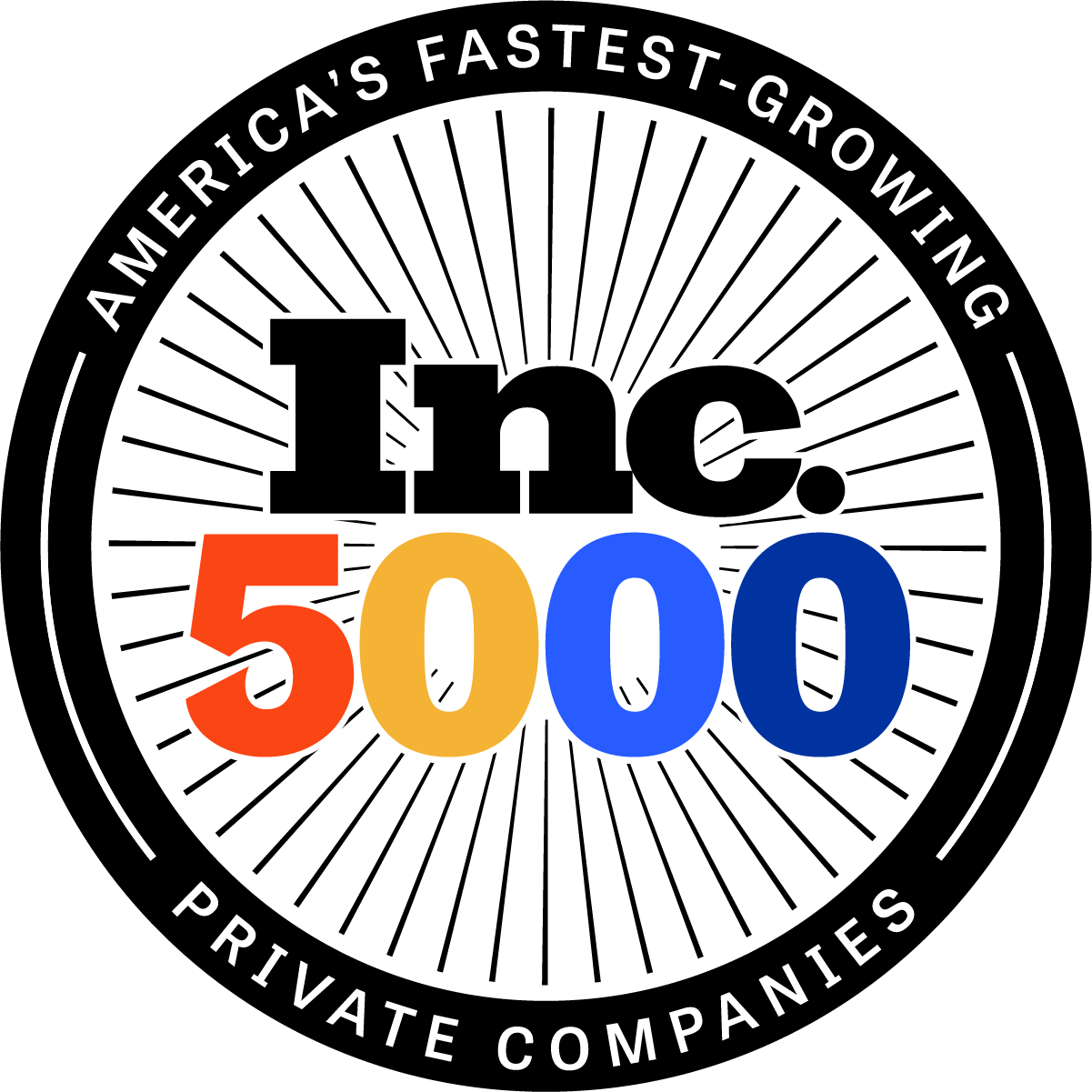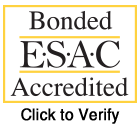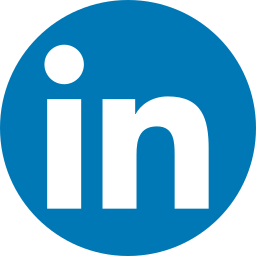Successfully implementing a roll-up strategy in today’s uncertain and rapidly changing market requires getting the people component right. This means considering the HR implications of a roll-up acquisition and avoiding the pitfalls that could make or break its success.
Partnering with a Professional Employer Organization (PEO) can help you navigate these challenges proactively. By providing critical HR infrastructure and expert HR guidance, a PEO can help position your portfolio for greater growth and profitability.
Be sure to avoid HR pitfalls in the following areas when employing a roll-up strategy:
Change Management
While acquisitions result in changes that impact HR processes and employees, employees don’t always support these changes. In fact, research has found employees not embracing change is one of the top reasons that 70% of change management initiatives fail. Therefore, it’s critical to avoid these HR-related change management pitfalls:
- Ignoring the importance of culture: Failing to align the cultures of the parent and target companies.
- Not addressing resistance to change: Ignoring employees who resist change or merely pretend to support new initiatives.
- Not monitoring change efforts: Failing to monitor the ongoing effectiveness of change initiatives.
Change is inevitable, but you can achieve successful change management by collaborating with trusted advisors, such as your PEO and leadership team. By evaluating your options and following a detailed communication and implementation plan, you can increase the chances of employee buy-in and support for change.
HR Policies and Processes
HR policies and employee handbooks are much more than simple documents to store on the company intranet. They are essential for shaping company culture and provide a guide that HR professionals, managers, and employees must follow to ensure consistency and fairness within the organization. Without clear, up-to-date policies, company HR processes can become ineffective and unpopular with employees. To prevent these outcomes, it’s crucial to avoid HR policy mistakes like these:
- Restarting benefit eligibility periods: Hiring employees into the new company and eliminating their earned benefits, such as time off accruals and tenure-based 401(k) matches.
- Not aligning total rewards policies: Paying or promoting employees with similar titles and responsibilities differently.
- Not updating employee handbook policies: Keeping the old employee handbook in place and not communicating updates consistently.
Performing thorough due diligence that assesses the target company’s HR structure, roles, and policies helps to avoid HR policy errors. A PEO can guide you through the process and create a robust roll-up HR infrastructure and policy plan.
Payroll Management
Regardless of the situation, whether in a roll-up scenario or not, employees must be paid accurately and on time. Mistakes such as missing payroll or not setting up proper payroll entities for each employee’s location can leave employees feeling frustrated and insecure. And considering that two-thirds of employees live paycheck to paycheck, these mistakes could also cause financial distress that pushes them to go work elsewhere.
To ensure efficient and error-free payroll, assess the target company’s payroll workflows, the responsibilities of payroll staff, and the feasibility of switching payroll providers. A PEO can offer HR expertise and guidance for seamlessly integrating payroll processes, roles, and systems in a cost-effective manner.
Employee Benefits Planning
Like the payroll function, pursuing a roll-up strategy offers an opportunity to integrate benefit offerings across acquired companies. However, the complexities of employee benefits can make it challenging to identify cost-saving benefits solutions while still meeting employees’ unique needs and expectations.
PEOs are instrumental in overcoming these challenges because many understand benefits best practices and have experience crafting benefit plans that work for a company’s size, budget, and employee composition. A PEO like Aspen HR with a strong track record in these areas can also help you avoid the following pitfalls:
- Transitioning employees to less attractive benefit plans: Moving employees to the parent company’s health plan without analyzing the provider network and drug coverage benefits.
- Making changes that make benefits more expensive for employees: Increasing employees’ health plan premiums due to a post-acquisition change in employer contributions.
HR Technology Integrations
When implementing a roll-up, it’s tempting to quickly integrate HR systems such as applicant tracking, payroll, and performance management. However, rushing the process can lead to inefficiency and user confusion, potentially putting you in a worse position than before you started.
A Josh Bersin Co. study found that 42% of HR technology implementations were deemed a failure. Therefore, when integrating systems, consider all factors—timelines, costs, user experience, and vendors—and proceed carefully. Your PEO partner can help by:
- Assessing current HR systems, identifying gaps, and ensuring technology aligns with business needs
- Developing and executing a detailed transition plan, including establishing timelines, responsibilities, and migration milestones
- Ensuring the accurate and secure transfer of employee data, such as payroll details, benefits elections, and employment histories
- Providing training for managers and employees to help them adapt to and fully utilize the new system
- Keeping HR systems up-to-date as your HR needs evolve
Expert HR Guidance for Your Next Roll-Up Acquisition
The challenges of modern workforce management often make it difficult for businesses to evaluate their options and select the most suitable HR solutions. Aspen HR’s PEO solutions, infrastructure, and expert guidance can help you navigate these challenges and the complexities of roll-up acquisitions, ensuring your HR processes are efficient and aligned with your business goals. To learn more, download our guide, HR Playbook for Structured Roll-ups, and contact us to discuss how we can support your business.






